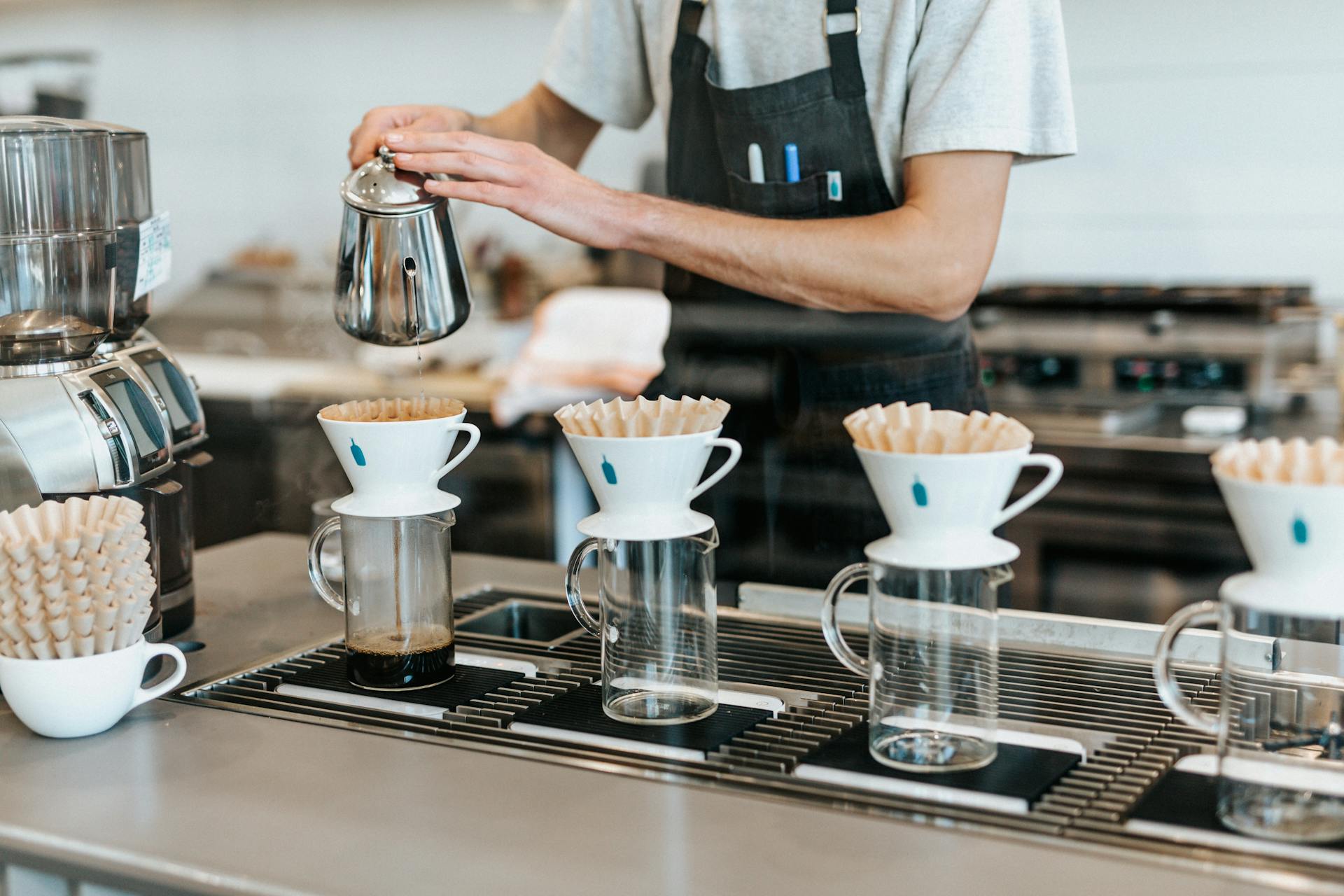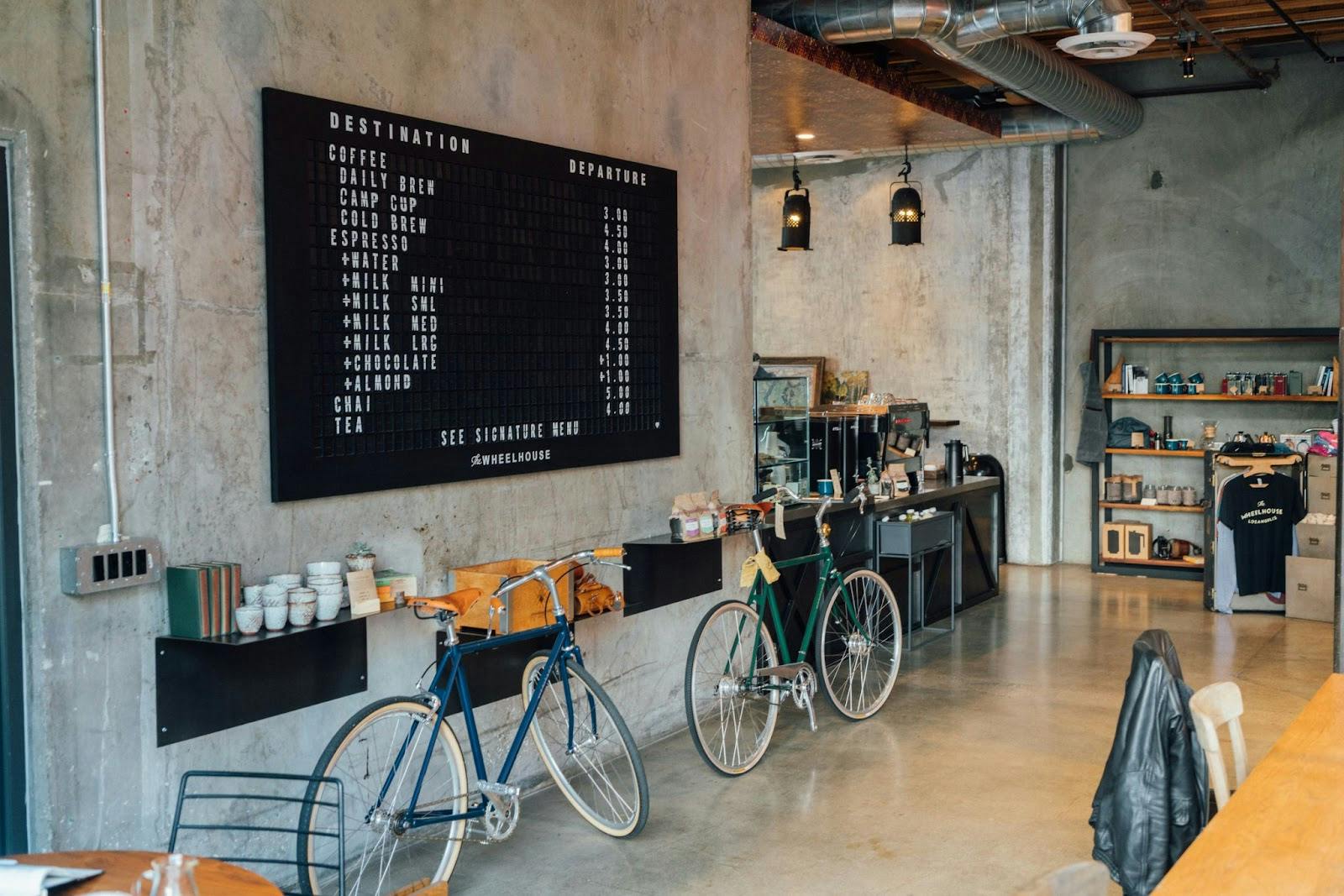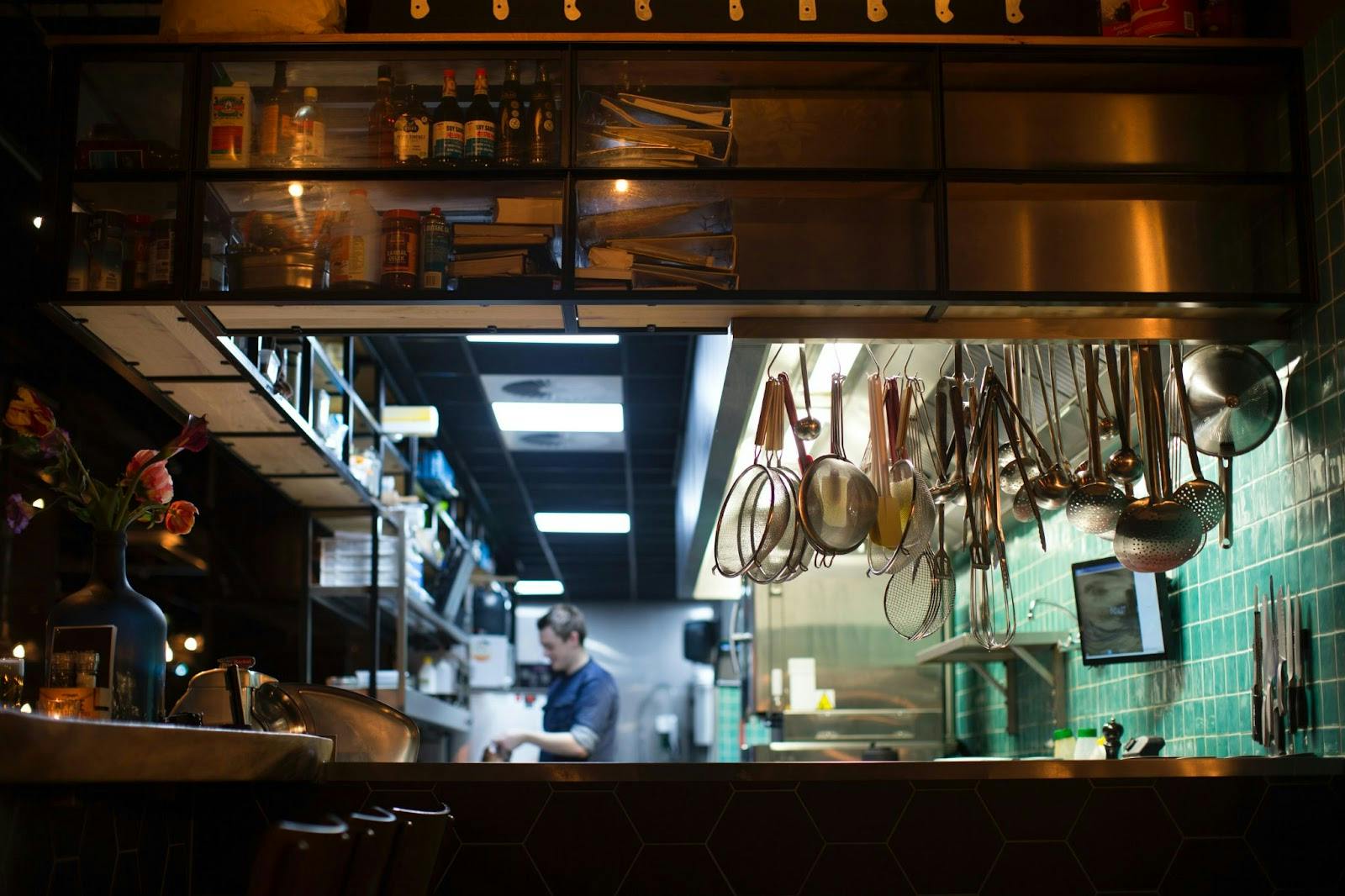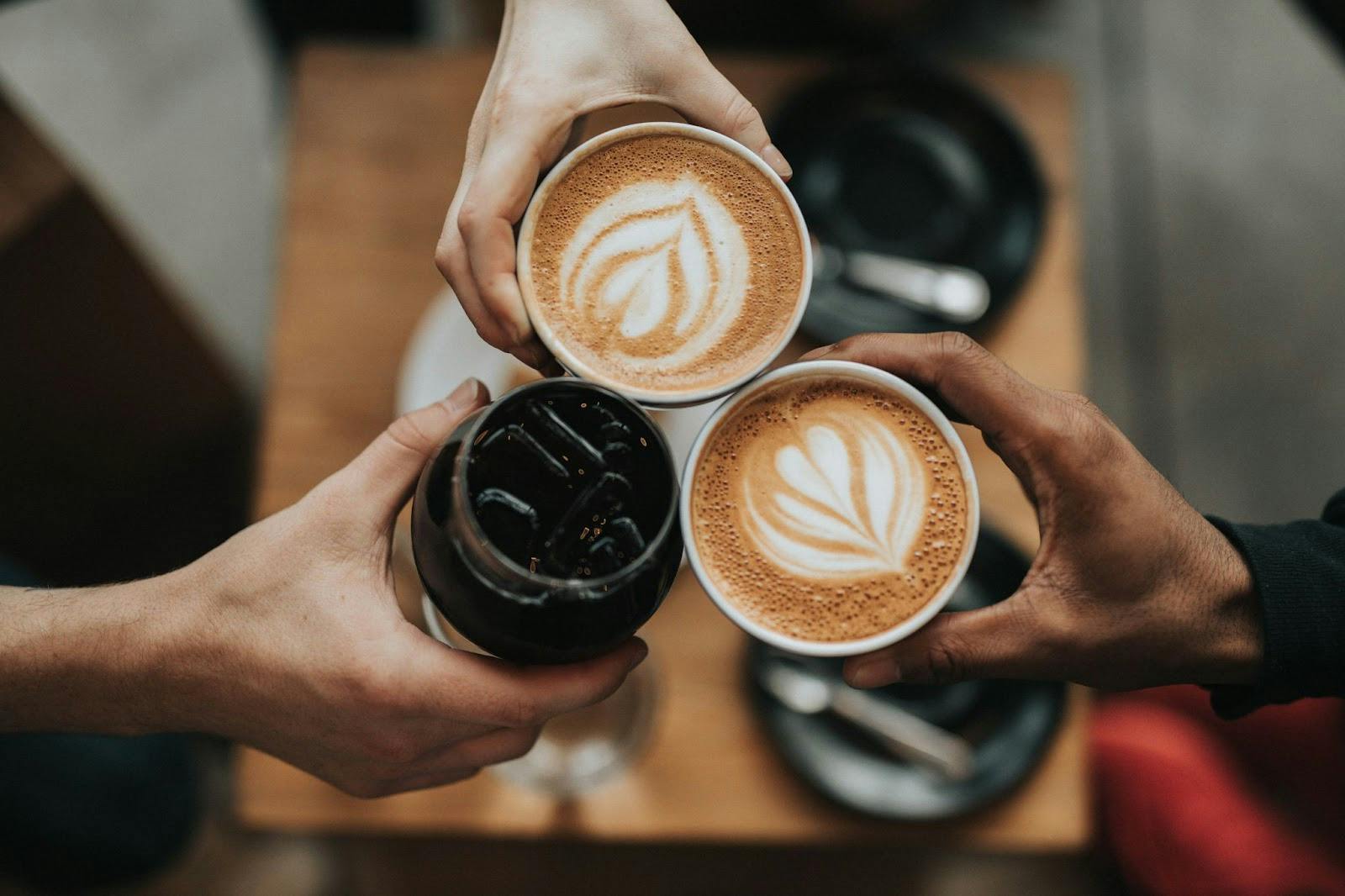
Aussies’ love for coffee is no secret — did you know that 75% of the nation are coffee drinkers and 28% consume three or more cups of coffee daily? We love our daily caffeine kick and more importantly, we appreciate good coffee. Just look at the stats:
- 78% of Australians say that quality, taste and sustainable practices come before price when it comes to their coffee.
- The buzzing coffee industry has grown over the years and shows no signs of stopping. As of 2022, there are 24,929 cafes and coffee shops businesses in Australia, an increase of 4.5% from 2021. That’s almost half of all the food and drink establishments in the country!
If you’re reading this, chances are you’re thinking about starting your own coffee shop (cheers to that!). In that case, you’d know better than anyone that opening a cafe is a huge investment in both time and money. Depending on your venue size, type of lease, location and operational requirements, the cost of opening a new cafe in Australia can range anywhere from $200,000 to $500,000. The last thing you want is to start the grind unprepared.
Now that you know quality comes first for your customers, investing in quality coffee equipment should be at the top of your list. But from grinders to pour over kits and espresso machines, where do you even start? This article is your free guide to getting the right coffee shop equipment, with considerations like budget, menu, space and durability!
Here’s what you’ll find in this blog post:
- What makes great coffee equipment for your coffee shop?
- What kind of equipment do you need to start a coffee shop?
- What to consider for kitchen & inventory in cafes?
- How to maximise restaurant operations and performance?
What makes great coffee equipment for your coffee shop?
1. Menu
Does your cafe serve only coffee or are you planning to also serve a selection of desserts and even hot food? A full-fledged coffee shop will likely need an extensive list of equipment while running a small specialty coffee shop that serves only pour-over coffee will have simpler needs.
Deciding what goes on your menu starts with knowing who your customers are. If you’re located in office areas, your customers are most probably going to be white-collars looking for a quick grab-and-go lunch to go with their coffee. Think about a toaster for warming pastries or a griddle pan for hot sandwiches.

2. Budget
Come up with a budget on how much you plan to spend on your equipment and work around it. A great tip is to decide which equipment you want to prioritise based on your business model. Are you a grab-and-go spot where people get their morning commute coffee? Then go ahead and splurge on that industrial quality espresso machine. Or if you’re that cosy neighbourhood coffee shop where people spend their Sunday afternoons catching up with friends, then you should leave some of that budget for a good oven for your homemade baked goods.
3. Durability
Your coffee shop equipment will be the lifeblood of the food and coffee you serve, and essentially, your bottom line. So make sure you invest in equipment built for commercial use and select pieces that are durable. Even though they might require a higher upfront investment, these are assets that will continue to serve you in the long run. After all, you won’t want to end up spending more on frequent repairs or having to replace them when they break down.
4. Space
Bigger is not always better and sometimes, it could even be impractical, especially if you have limited space. Start by planning a layout that fits all your must-have equipment to bring customers in the door. Make sure to leave sufficient space for your employees to work efficiently. Additionally, if you’re running on a counter service business model, you should also take into consideration how having a line of customers can impact the flow.
What kind of equipment do you need to start a coffee shop?
Espresso Machine: You’d want to invest in a durable and quality espresso machine considering that it is the key to creating a great cup of coffee. Take into consideration things like the number of group heads — do you expect to serve multiple customers at once? — and whether it should be a semi-automatic or automatic machine — do you expect your baristas to take control of the entire brewing process?
Coffee Grinder: As a coffee aficionado, you already know a grinder is your coffee’s secret weapon. The right grinder makes all the difference in bringing your coffee to its full potential. Price and functionality aside, you should also take into account the airflow, speed and noise level of the grinder.
Drip-Coffee Brewer: A simple, all-around good drip coffee maker is a profit leader for most coffee shops as your regular black coffee would always make up a good portion of your sales. When choosing your drip-coffee brewer, make sure it’s built to produce a large volume of coffee on a daily basis and can brew sizeable batches that can last throughout your opening hours.
Industrial Blender: Having a blender makes it possible to add more beverage options to your menu, particularly drinks that cater to non-caffeine drinkers like smoothies and milkshakes. The best blender for commercial use would need a motor capable of crushing ingredients like ice, frozen fruits and nuts and has a large enough capacity to make multiple orders at one go.
Coffee Bar Accessories: Don’t forget your coffee bar accessories such as your espresso shot glasses, scales, steam pitchers, coffee kettles, whisks and the thermometer. These are the little but crucial tools that can help your baristas work more efficiently to brew an excellent cup of coffee.

What to consider for a cafe kitchen and inventory?
There are many ways to diversify your coffee shop revenue and increase your income per transaction. One easy way to do that is by offering a small selection of hot food and ready-to-go meals. Whether your coffee shop has an open kitchen or a full function cooking space, these are some of the things you should take into account when planning your cooking space.
- Oven & Toasters: Most cafes would serve light meals such as breakfast toasties or bagels and pastries, which means youll need at least a pop-up toaster or a mini oven. But if youre planning to serve more than that, youll need a rapid cook oven that can improve cooking times and increase efficiency.
- Freezers & Refrigerator: At the very least, youll need a refrigerator to store your milk for the coffee. If theres limited space, you can consider getting a refrigerated display case or behind the counter fridges that are not only practical but also add flair to your interior.
- Ventilation System: A good ventilation system is essential, especially if you have a commercial kitchen in your coffee shop. It helps reduce the temperature in the kitchen and keep smoke and odour out of the way so all your customers smell is the pleasant aroma of fresh coffee brewing. Look into features such as the hoods, exhaust fans, makeup air systems and fire suppression systems for optimal safety.
- Counter Space: Youll want to make sure that your prep surfaces are easy to clean and have enough space for your baristas and cooks to work around. While stainless steel countertops are more popular in kitchens, you might want to go for materials such as poured concrete, wood or granite for better visual appearances.
- Sinks: Compartment sinks easily meet food safety standards and are great for washing and sanitising cutleries and kitchen equipment. For your front-of-house coffee workstations, consider installing disposal sinks that can easily catch liquid waste or opt for a coffee bar rinser that will easily clean pitcher and shot glasses.
- Shelving & Storage: Having an organised storage system saves you a huge ton of hassle so its important to plan your storage properly. Not sure where to start? Work with a reliable restaurant supply retailer to plan your system. Airtight and lightproof storage containers, syrup pumps and boxes and crates can also be helpful for long term storage so don't count those out!

Running a fully-staffed and efficient cafe takes a lot more than just fancy equipment and latte art skills
Labour costs are often the highest expense for coffee shops,taking up 28% - 35% of your total spending. This is where the right restaurant technology can be your best tool to simplify operations and help your business thrive.
We hope this article has helped you get a better grasp of what you'll need to start your coffee shop. It's a long but exciting journey ahead and if you'd like to get started on a strong foundation for success in delivery, we'd love to partner with you!